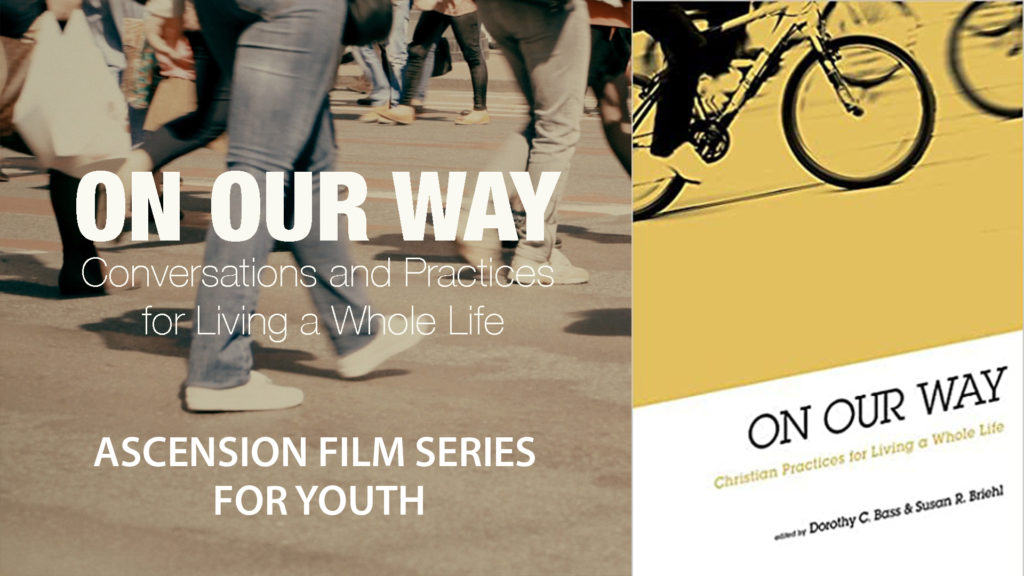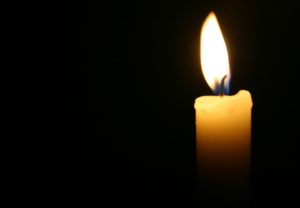Beloved by God & Called to Action
a sermon for the Feast of the Baptism of Jesus after a really hard week
Mark 1:4-11
The Rev’d Rhonda Waters
Renewal of Baptismal Vows
Do you reaffirm your renunciation of evil and renew your commitment to Jesus Christ? I do.
Do you believe in God, the Source of all being; the Mother and Father of us all?
I believe in God almighty, creator of heaven and earth.
Do you believe in Jesus Christ, the Son of God?
I believe in Jesus Christ, God’s only Son, our Lord.
He was conceived by the power of the Holy Spirit
and born of the Virgin Mary.
He suffered under Pontius Pilate,
was crucified, died, and was buried.
He descended to the dead.
On the third day he rose again.
He ascended into heaven,
and is seated at the right hand of his Father.
He will come again to judge the living and the dead.
Do you believe in God, the Holy Spirit?
I believe in the Holy Spirit,
the holy catholic Church,
the communion of saints,
the forgiveness of sins,
the resurrection of the body,
and the life everlasting.
Will you continue in the apostles’ teaching and fellowship, in the breaking of bread, and in the prayers?
I will, with God’s help.
Will you perservere in resisting evil and, whenever you fall into sin, repent and return to the Lord?
I will, with God’s help.
Will you proclaim by word and example the good news of God in Christ?
I will, with God’s help.
Will you seek and serve Christ in all persons, loving your neighbour as yourself?
I will, with God’s help.
Will you strive for justice and peace among all people, and respect the dignity of every human being?
I will, with God’s help.
Will you strive to safeguard the integrity of God’s creation, and respect, sustain and renew the life of the Earth?
I will, with God’s help.
May God, who has called you to follow Christ, give you the strength to continue in the Way.
May Christ dwell in your hearts through faith, that you may be rooted and grounded in love.
May the Spirit inspire you to courageous hope that you might bear the fruits of the kingdom.
Amen.





